1. Cozy

When a listing describes a home as “cozy,” it usually means small—sometimes really small. Sure, it might feel warm and inviting, but more often than not you’ll find yourself wondering where to put a couch. In cities where space is at a premium, “cozy” can translate to less than 600 square feet. That’s not necessarily a dealbreaker, but brace yourself for creative storage solutions.
The word is often used to spin a tight layout into something charming. Sellers know that “tiny” doesn’t sound appealing, so “cozy” is the gentler alternative. If you see this in a listing, it’s a good idea to check the square footage immediately. Otherwise, you might be picturing a snug cottage when it’s really closer to a shoebox.
2. Up-and-Coming
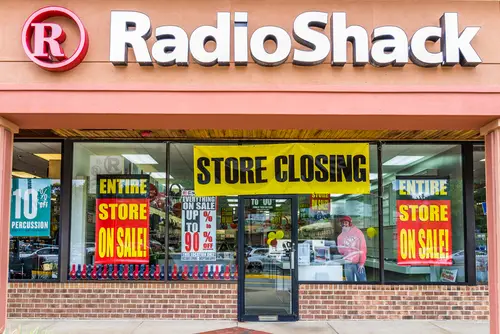
“Up-and-coming” can sound exciting, but it usually means the neighborhood isn’t there yet. You might find a mix of new businesses alongside vacant storefronts or construction sites. While the area may eventually thrive, you’re taking on the risk of waiting for that transformation. Sometimes it works out, but sometimes it doesn’t.
This phrase is often used to reassure buyers about less established areas. Real estate agents lean on it to highlight potential instead of current reality. It’s not a bad sign if you’re an investor or don’t mind some grit, but everyday buyers should approach with caution. Translation: brace yourself for change—and uncertainty.
3. Needs TLC

“Needs TLC” is one of the oldest euphemisms in real estate. It might conjure up visions of repainting a wall or updating a bathroom, but in reality, it can cover a laundry list of major repairs. Roof leaks, outdated plumbing, or faulty wiring are all possibilities here. In short, it means the house is a project.
The phrase downplays the seriousness of what you’re getting into. If you’re handy and love a fixer-upper, this could be an opportunity. But if you’re not prepared for unexpected costs, those three letters can quickly spell regret. Always budget for more work than the listing lets on.
4. Original Details
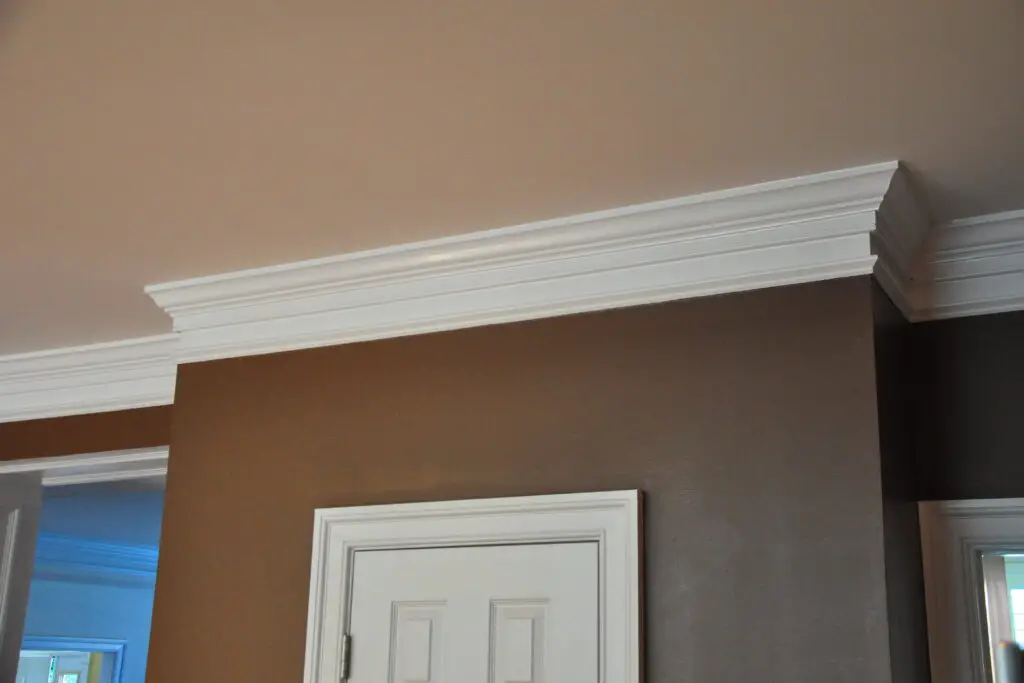
“Original details” can sound charming—like crown moldings or vintage tilework. But it can also mean nothing has been updated in decades. You might walk into a house with avocado-green appliances and shag carpeting still intact. Not everything ages like fine wine.
This phrase tries to lean on nostalgia to distract from the reality of outdated systems. While some features may be genuinely historic, others are just old. If you see this in a listing, check whether it also mentions recent updates. Otherwise, you may be stepping into a time capsule you weren’t prepared for.
5. Motivated Seller

When you see “motivated seller,” it often means something is off. Maybe the property has been sitting unsold for months, or the seller has personal circumstances pushing them to move quickly. That urgency can work in your favor, but it can also signal hidden issues. Always ask why the seller is so motivated.
This phrase is a red flag to look closer at disclosures and inspection reports. Sometimes it’s just about timing, but sometimes it’s about unloading a problem property. While it could mean room to negotiate, it also means you should be on high alert. Don’t mistake motivation for a bargain without doing your homework.
6. Potential

Every house has “potential,” but in real estate, that’s usually code for “not there yet.” It means you’ll need to invest time, money, and imagination to turn it into what you want. Sometimes that potential is cosmetic, other times it’s structural. Either way, you’re signing up for work.
The word dangles possibility without committing to specifics. Agents use it when the house doesn’t have much else going for it in its current state. If you’re the type who enjoys renovation, it can be a plus. But if you’re hoping to move in without lifting a hammer, brace yourself for disappointment.
7. Transitional Neighborhood
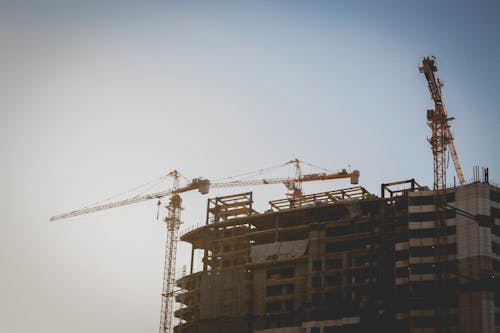
“Transitional” sounds neutral, but it really means the area is in flux. That might mean new construction and investment—or it might mean crime rates and neglected properties are still issues. It’s a gamble that depends heavily on timing. If you move too early, you may not see the “transition” for years.
This phrase is meant to soften reality while suggesting upside potential. Real estate agents use it when they want to highlight that an area might improve, without making promises. Some buyers see it as a chance to get in before prices rise. Others end up stuck in limbo waiting for change that never comes.
8. Compact
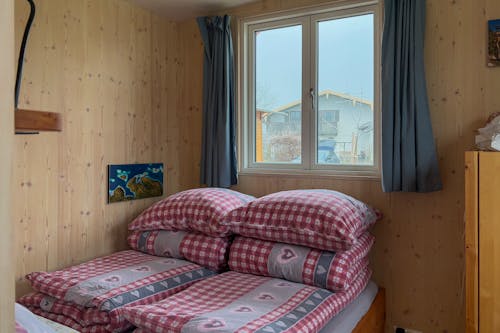
“Compact” is a cousin of “cozy,” but it leans even more heavily on the idea of limited space. It often applies not just to square footage but also to rooms, closets, and even kitchens. Everything will feel scaled down. If you’re not a minimalist, you’ll notice the squeeze.
This description is often spun as efficient or practical. But it can also mean there’s barely enough room to open the fridge without hitting the counter. Compact living might suit some lifestyles, but it’s not for everyone. Always visit in person to see if you can actually move around comfortably.
9. Charming
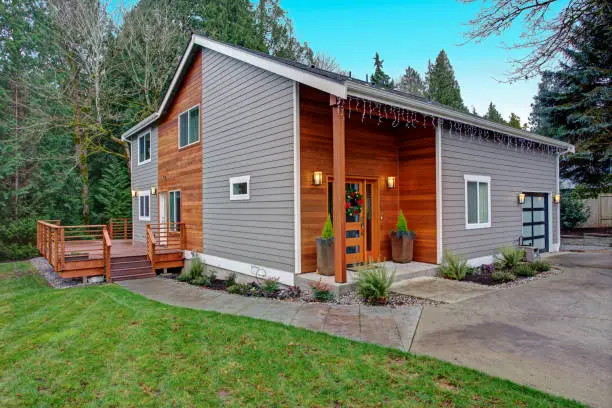
“Charming” is a classic catch-all when there’s not much else positive to say. It suggests a house has character, but doesn’t commit to specifics. That charm could be in the form of creaky floors, tiny rooms, or quirky layouts. Sometimes “charming” really means “awkward.”
This word is often used when age is being spun as a selling point. While historic character can be wonderful, it often comes with maintenance headaches. If you see “charming” without details, it’s a good idea to ask what exactly makes it charming. Otherwise, the magic might fade the moment you open the front door.
10. Fixer-Upper
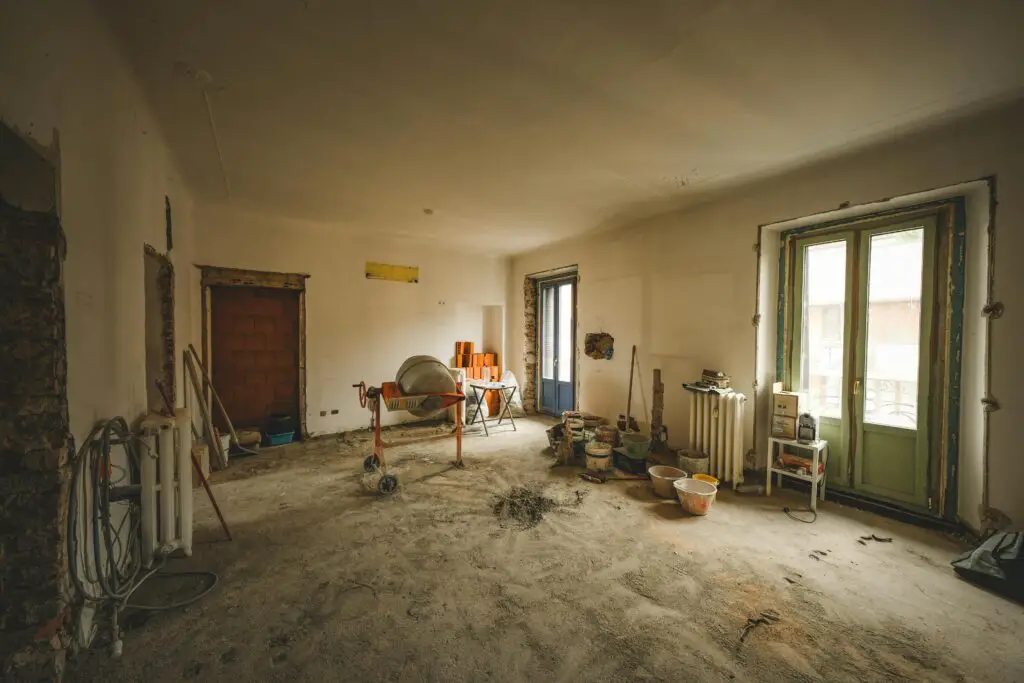
A “fixer-upper” isn’t hiding anything—it’s telling you upfront the home needs work. But the amount of work is usually more than the casual DIYer can handle. Renovations can be costly, time-consuming, and sometimes full of unpleasant surprises. Think permits, inspections, and contractor headaches.
The term is often used to attract budget-conscious buyers. It dangles the idea of sweat equity—buying low and building value with improvements. For some, that dream pays off. For others, it becomes a money pit with endless projects.
11. Efficient Layout
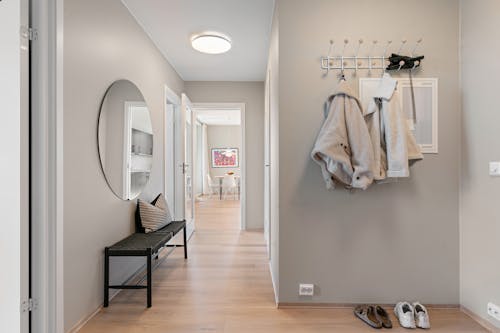
“Efficient layout” suggests smart use of space, but it can also mean cramped quarters. You might find rooms squeezed together or hallways sacrificed for more square footage. In practice, it often feels less “efficient” and more “claustrophobic.” The phrase is usually more flattering than accurate.
Agents use this when the home is small but they don’t want to emphasize the lack of space. The idea is to focus on functionality instead of size. While there’s nothing wrong with efficient design, it’s rarely a selling point on its own. Translation: brace yourself for tight living.
12. Investor Special
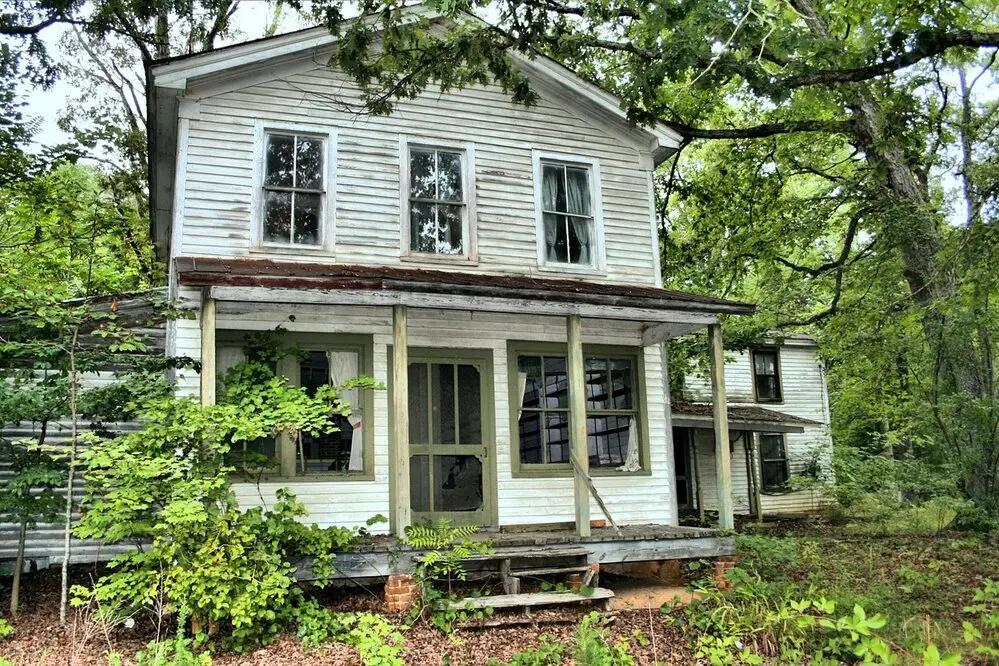
An “investor special” sounds like a golden opportunity, but it’s usually a euphemism for a house in rough shape. These are properties that need major work before they’re livable. Often they’ve been neglected or abandoned for years. They’re priced low for a reason.
This phrase signals the home is more of a project than a residence. It’s meant to attract people who flip or rent out properties, not first-time buyers. Unless you’re comfortable with heavy renovations, it’s best to steer clear. Otherwise, you might end up in way over your head.
This post 12 Listing Buzzwords That Mean ‘Brace Yourself’ was first published on Greenhouse Black.
